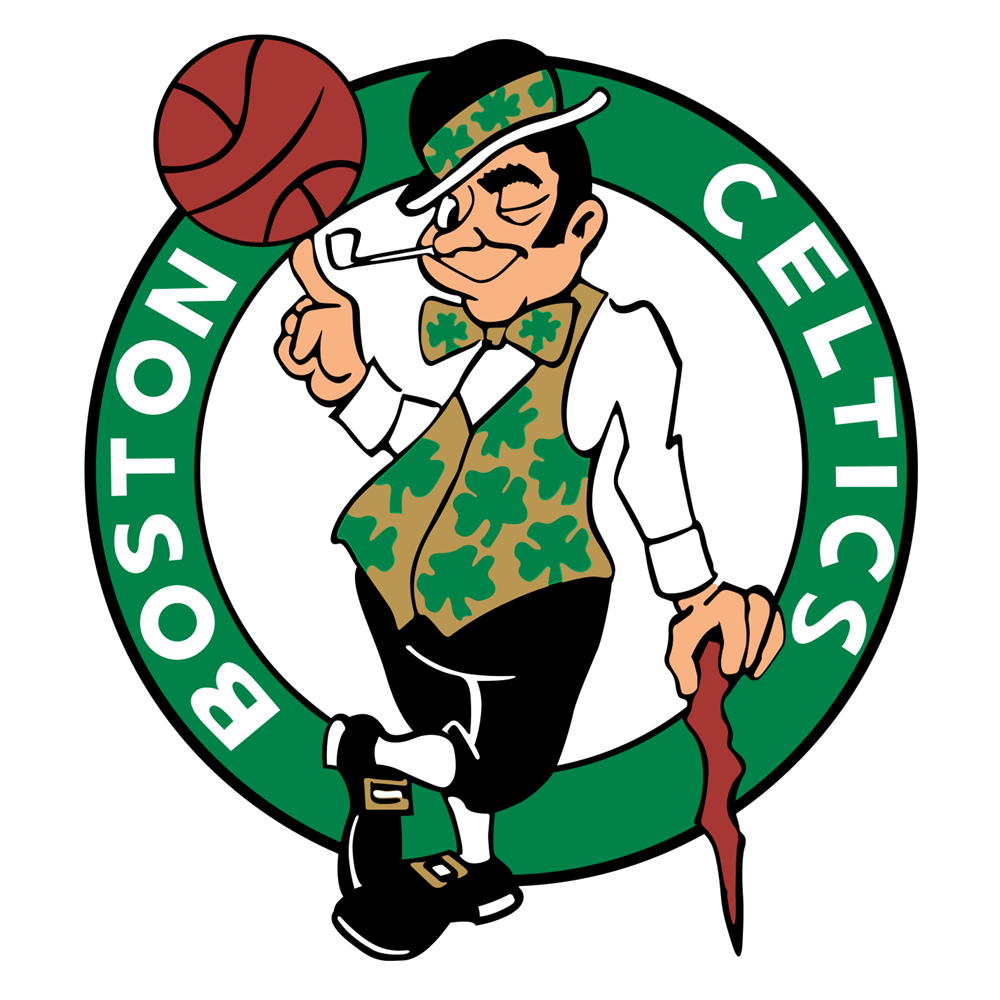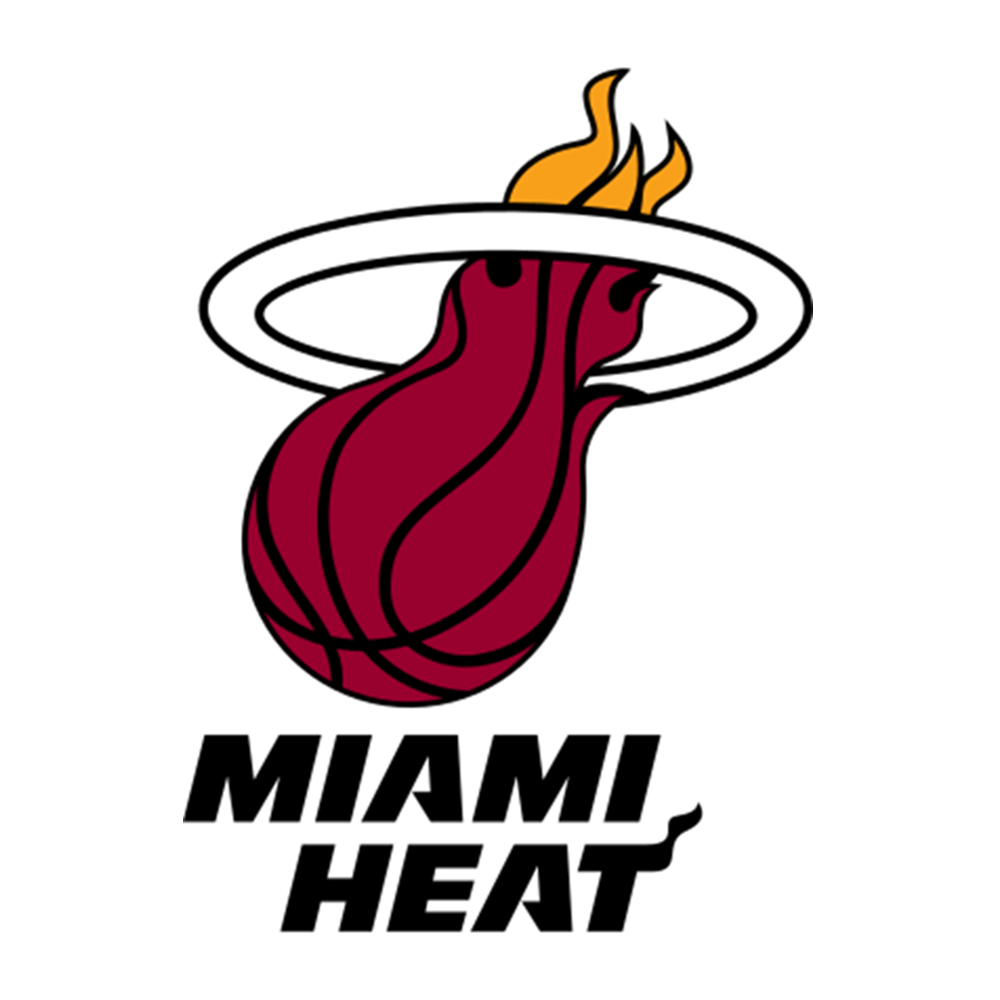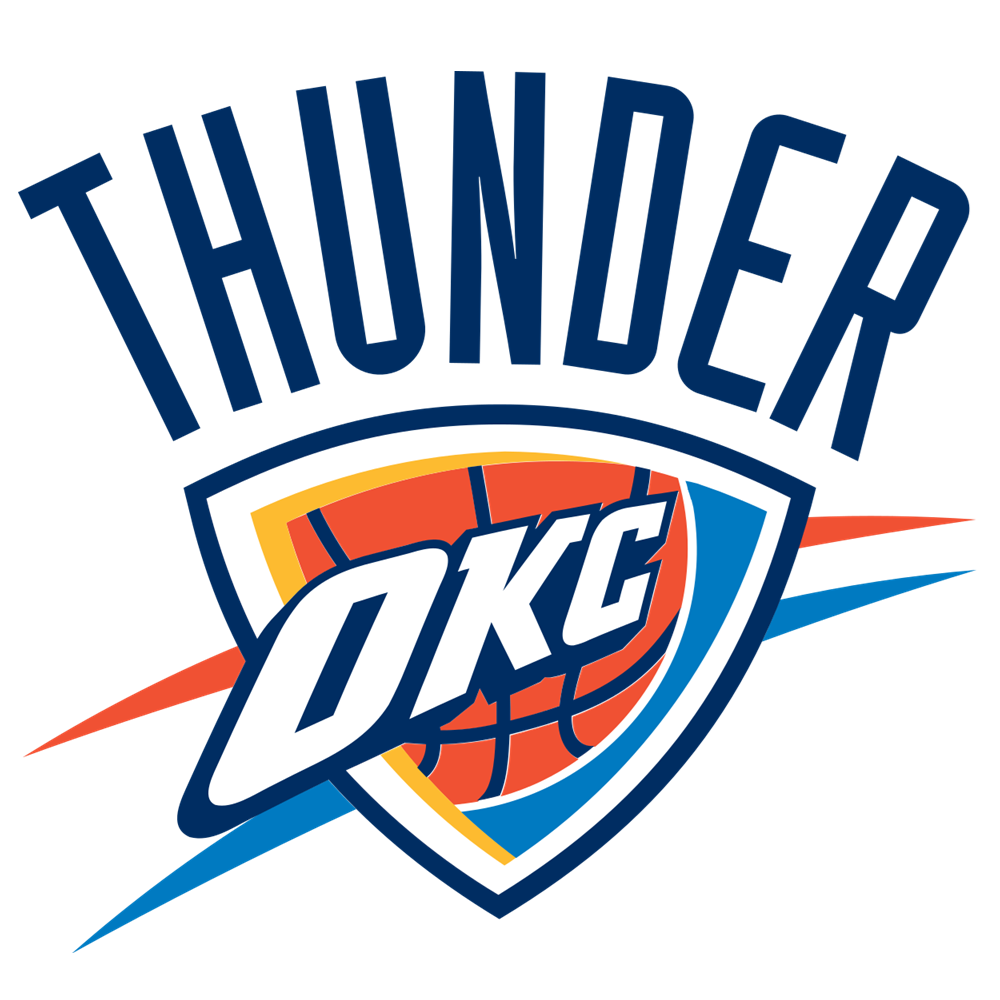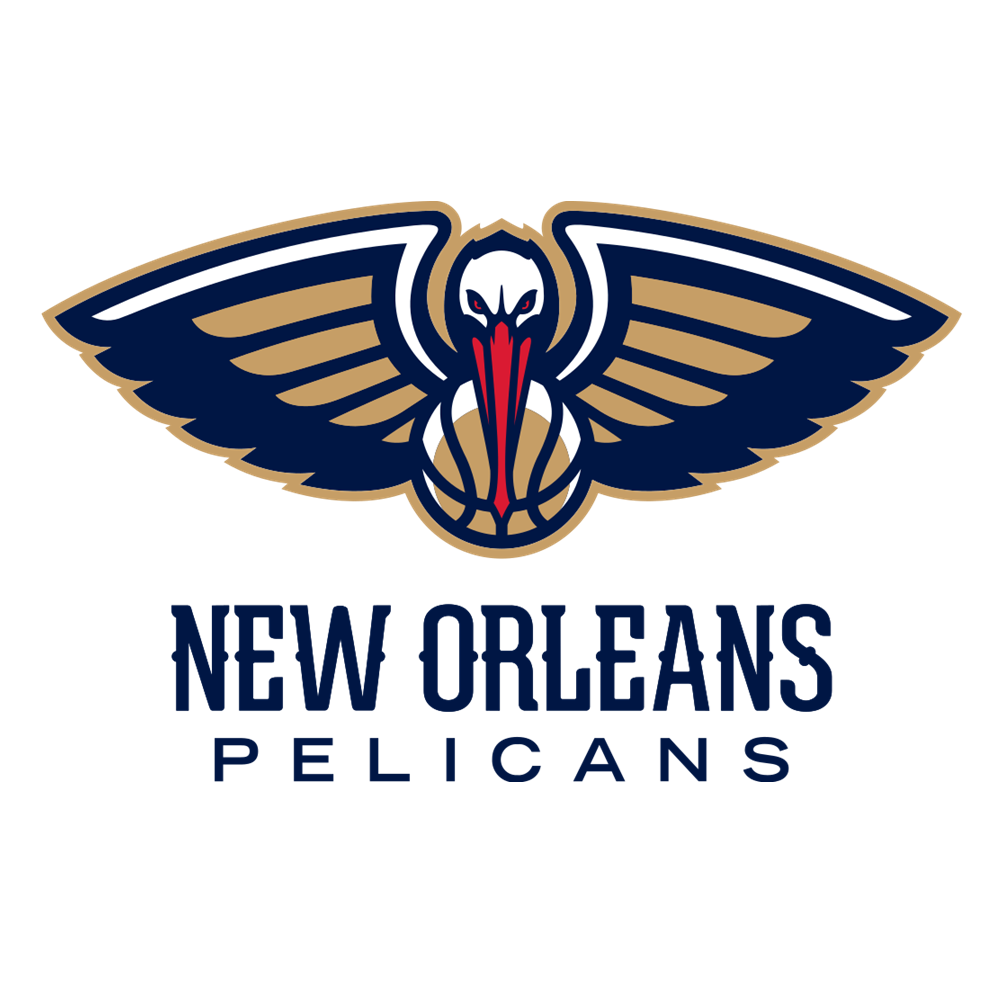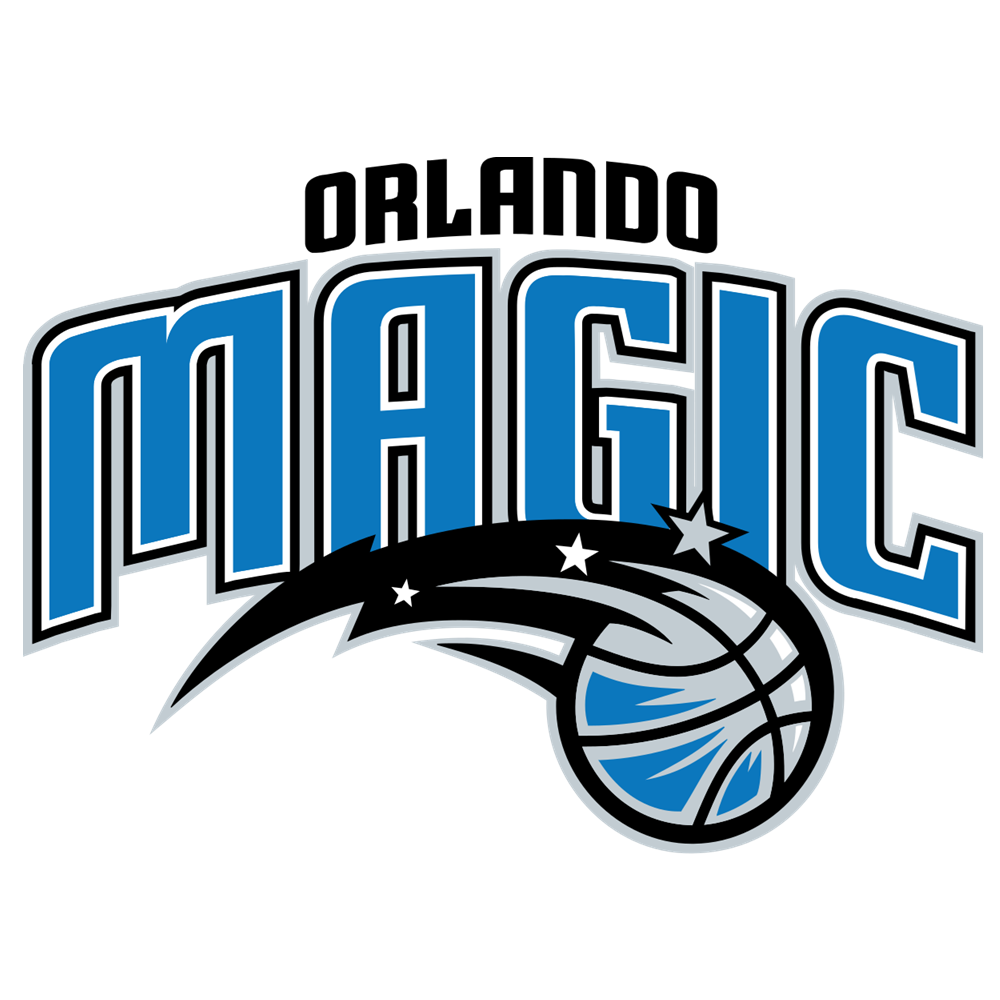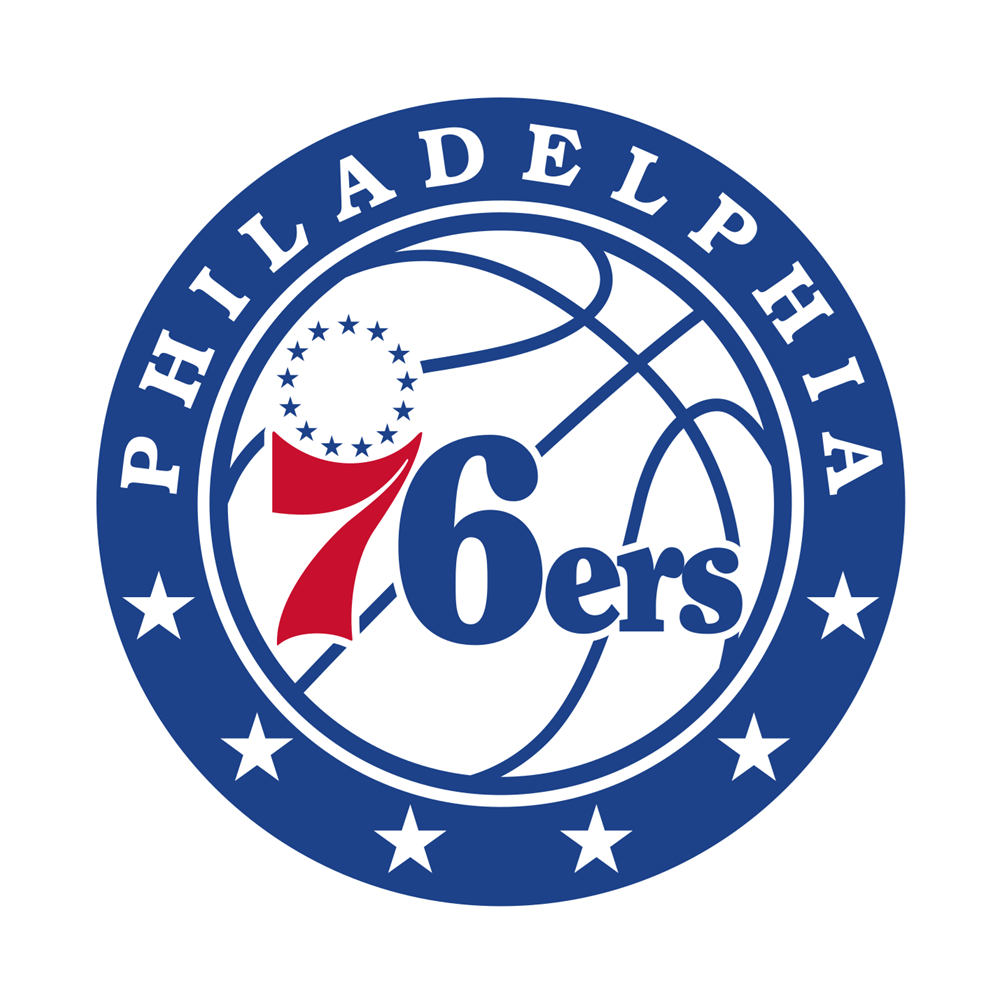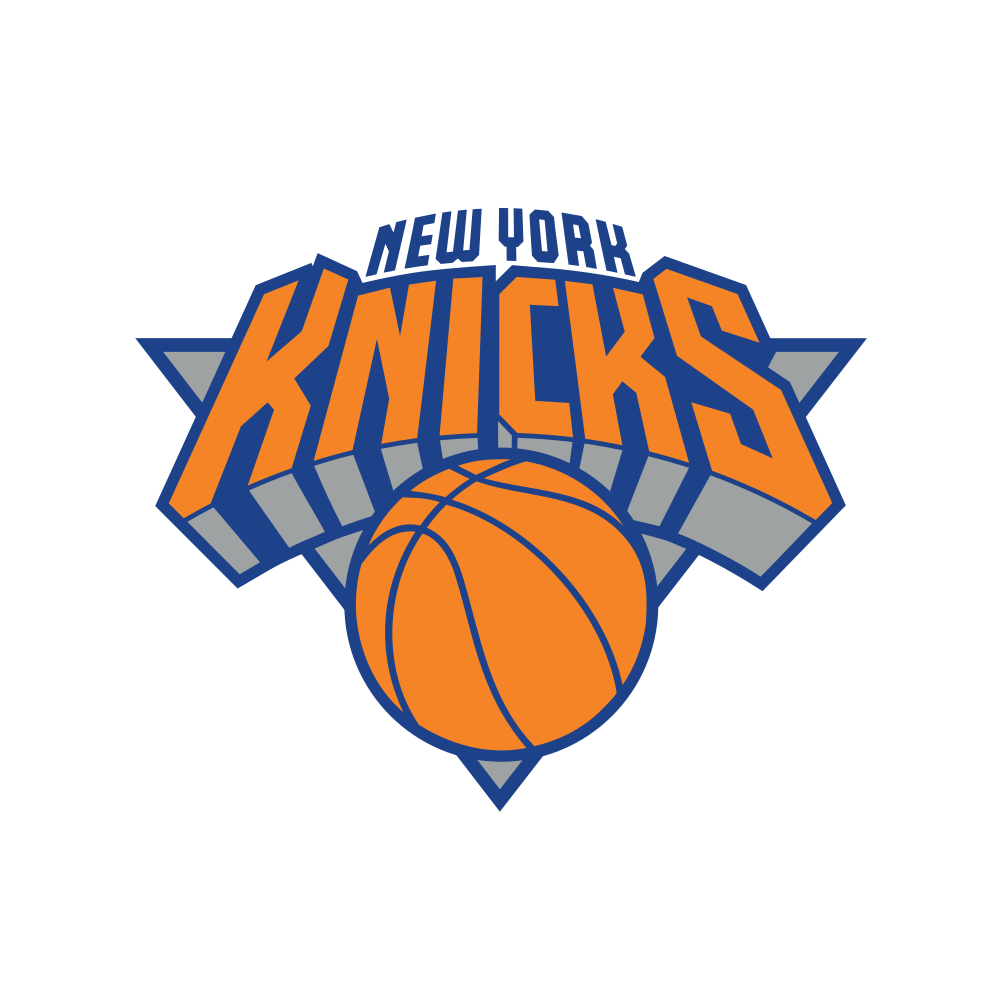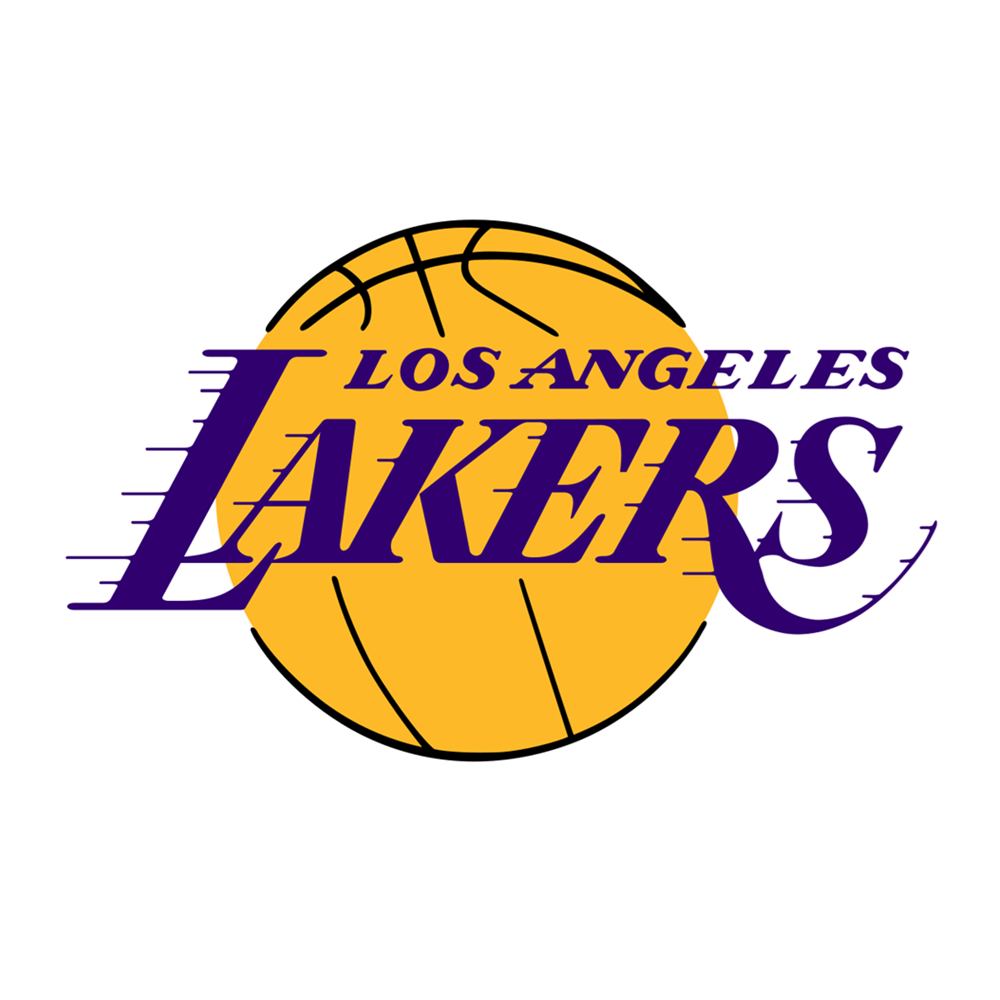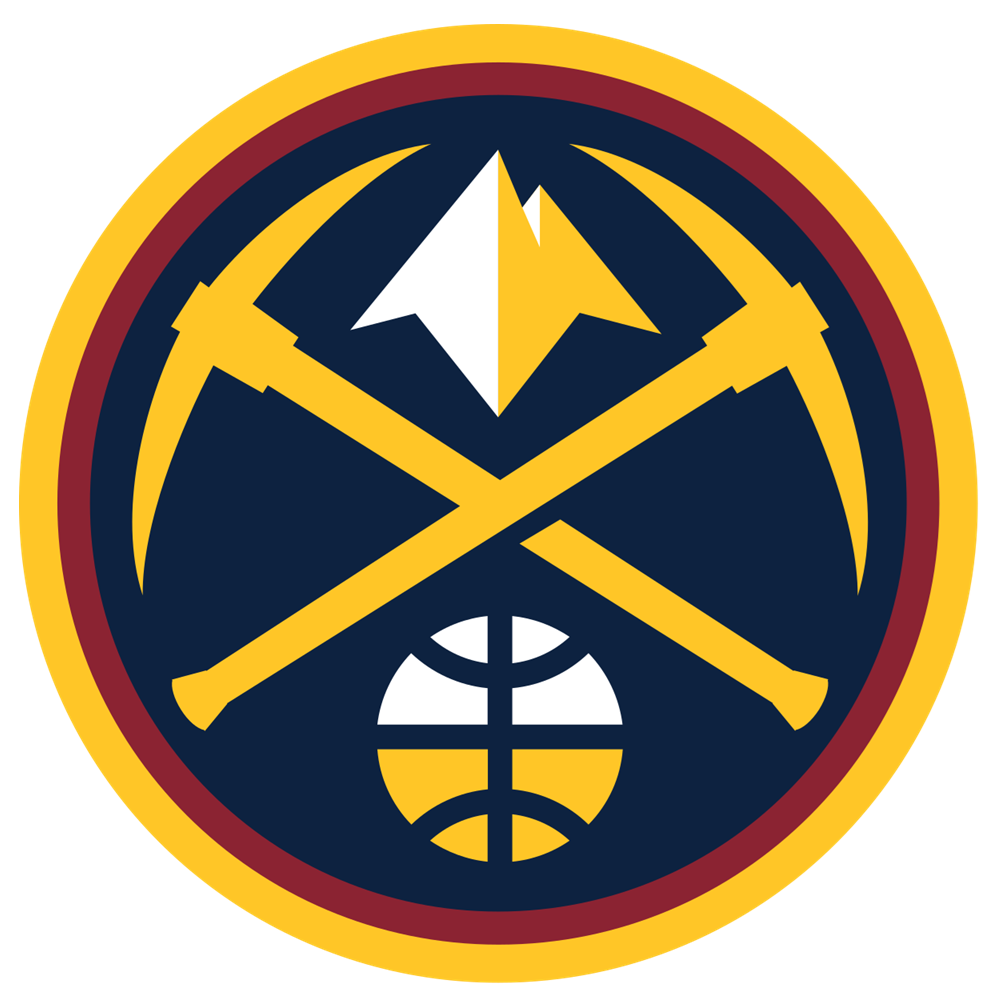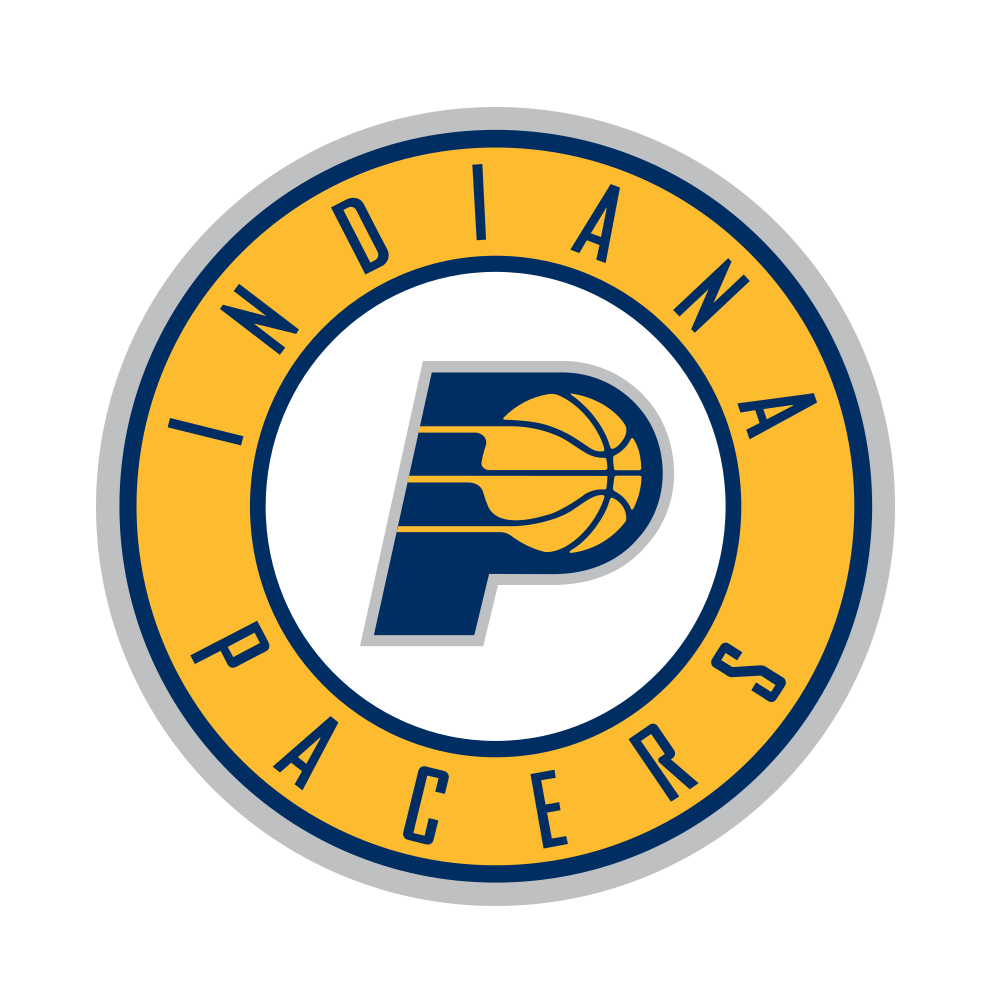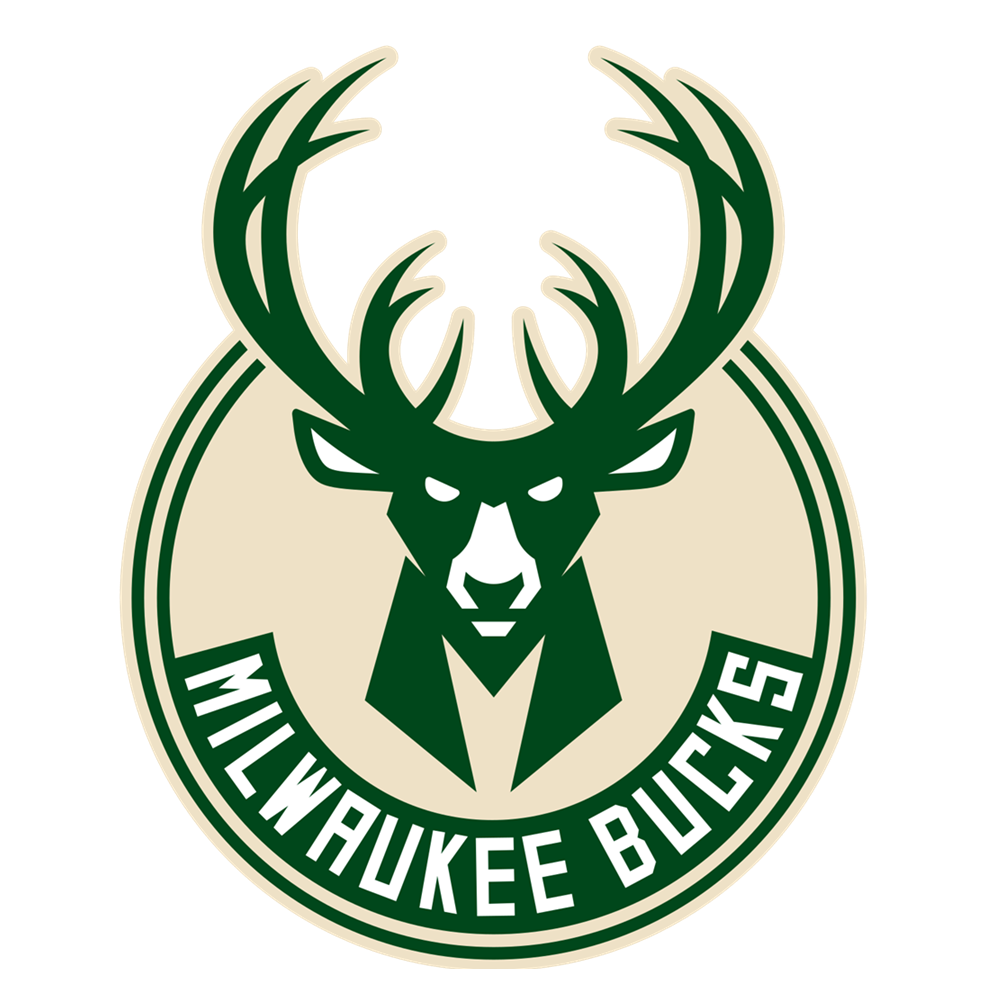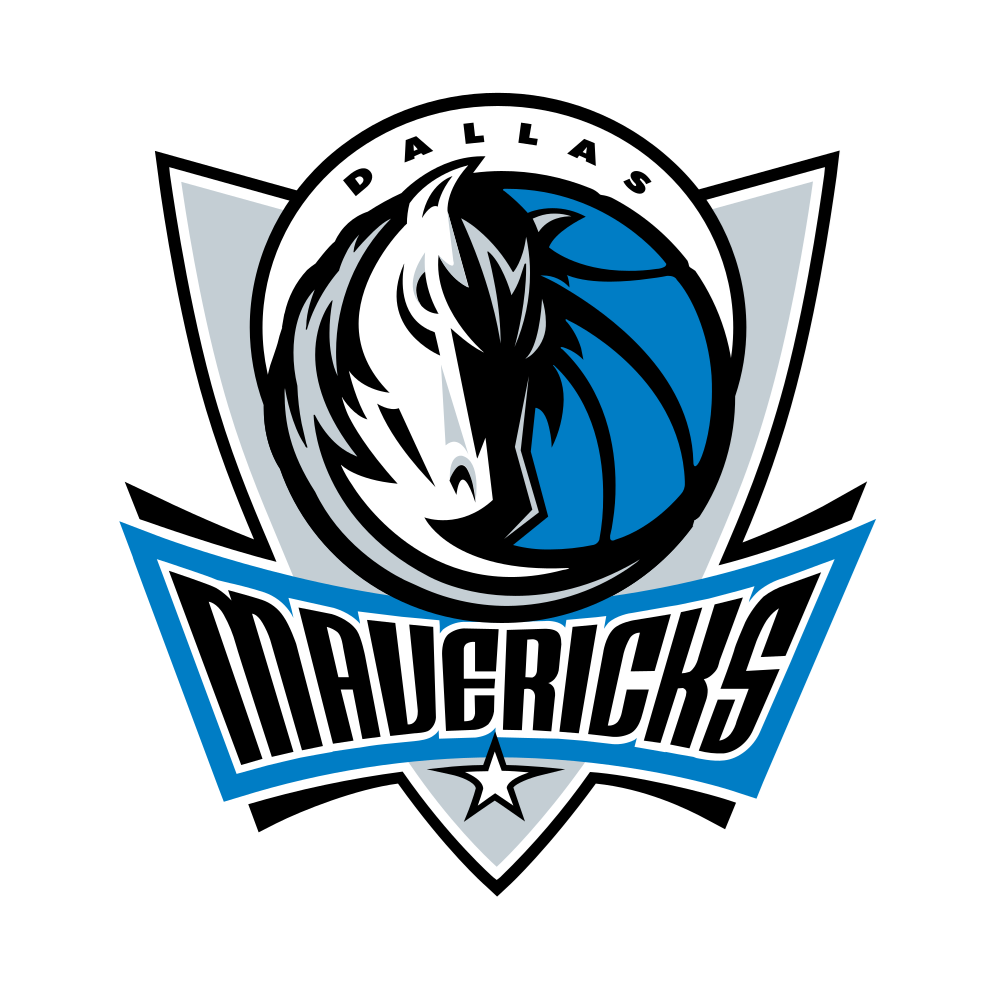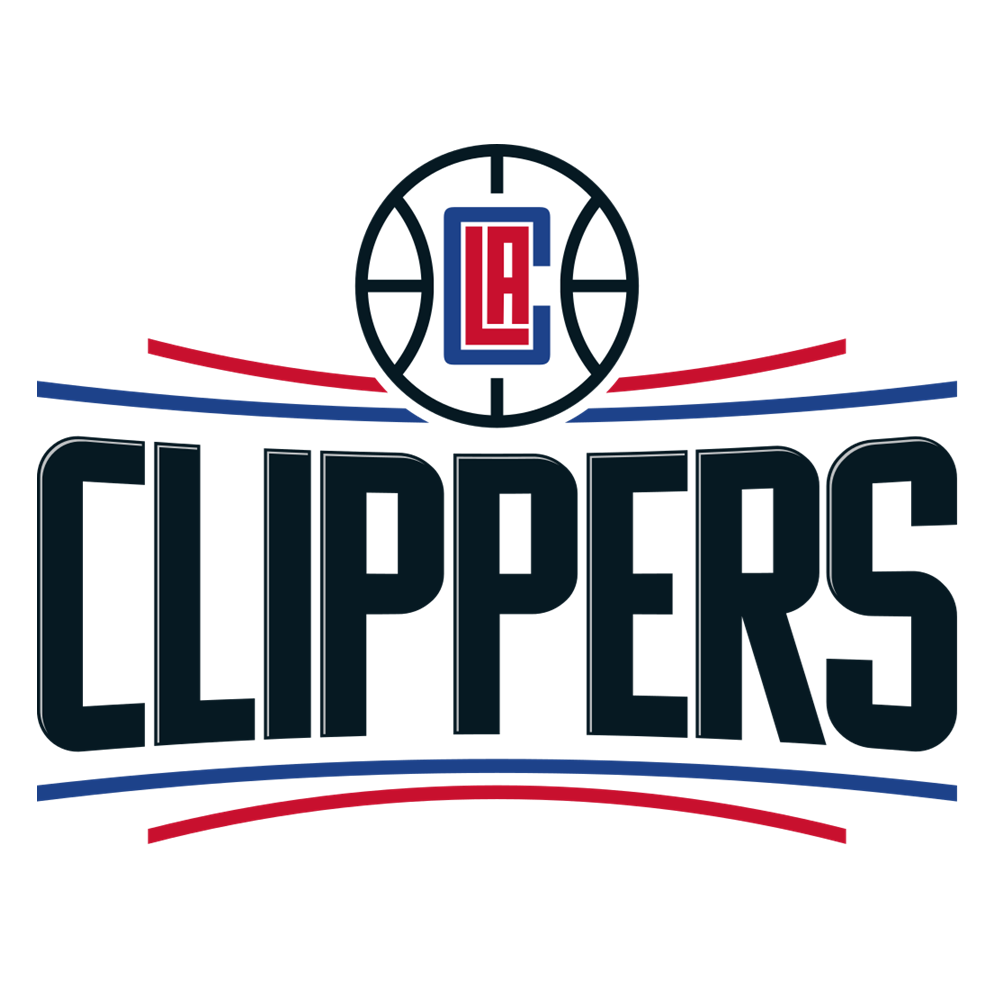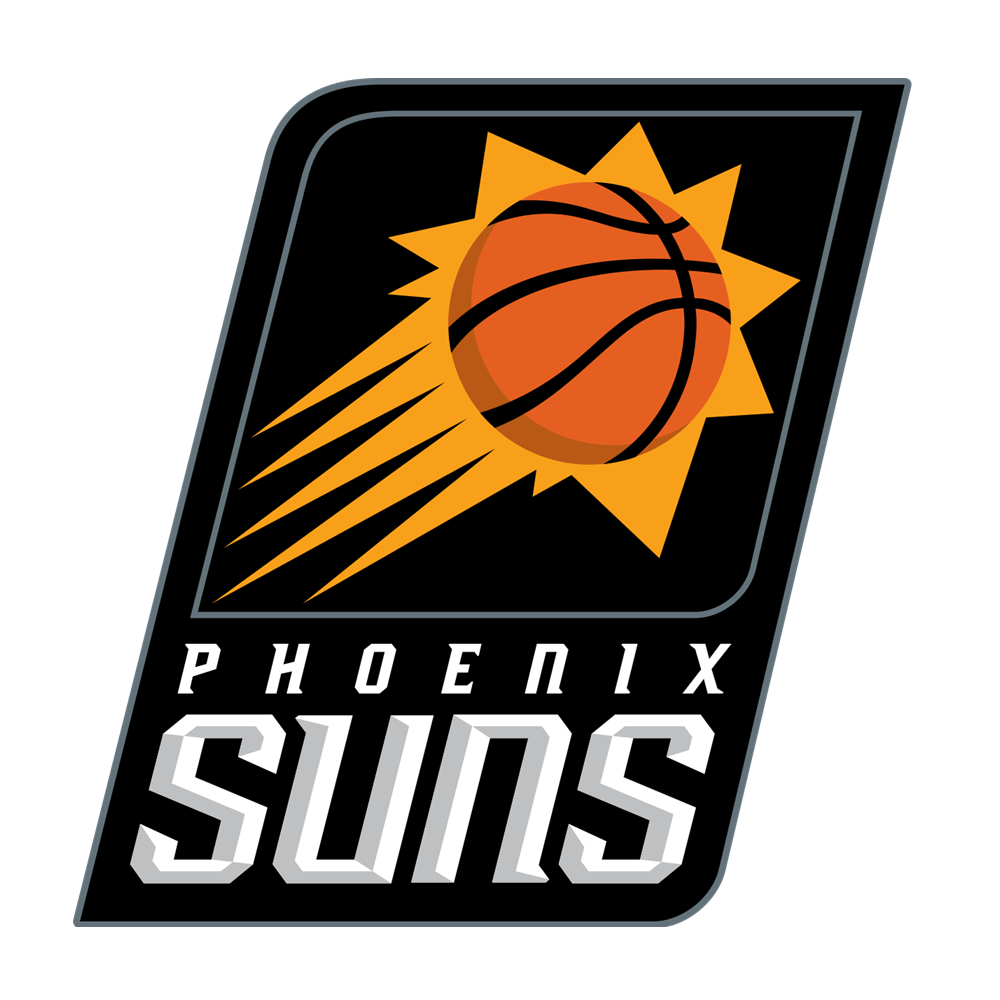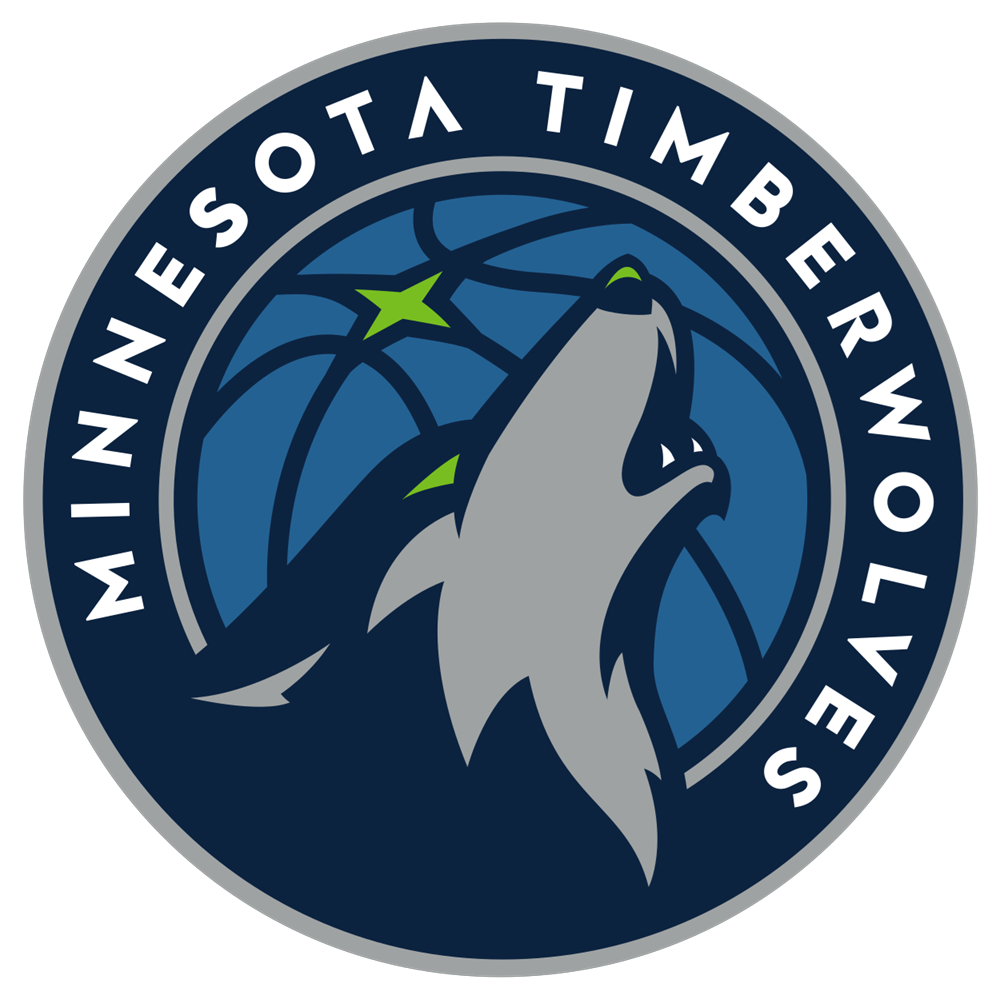There are two main things to do when analysing a transaction. The first one is to analyse the transaction in isolation – the price paid, the fit with the team, etc – while the second is to look at the wider overall roster building strategy of the team or teams completing the transaction, read the move in the context of the big picture, and see how (or if) the decisions taken will help the franchise get to where it both wants and is able to go.
So, part one. Yesterday, the Cleveland Cavaliers agreed to sign Kevin Love to an extension, one worth four years and $120,402,172. The deal, once added to the one year and $24,119,025 he has remaining on his current deal (his $25,595,700 2019/20 player option was turned down concurrent to this extension), makes for a total commitment of five years and $144,521,197. In the last year of that deal, then, a 35-year-old Kevin Love will be earning $28,942,830, at a time that he enters his sixteenth season in the league. That’s a lot, and it is hard to imagine him playing to a level of production much near what would justify that price tag at that age. The transaction in isolation, then, is ambitious with a lot more downside than upside.
Right, well, that was easy. Now on to part two – the context.
After LeBron James left in free agency for the L.A. Lakers, it was assumed that the Cavaliers would commence a rebuild. As it is, in the three weeks hence, this is their only move of note – the only other things they have done are sign undrafted young four-man Billy Preston to a two-way contract and swap out Kendrick Perkins for Channing Frye as the third string centre of choice. It is not easy to simply rebuild on the fly when you have very few tradable assets to work with; the few players not on very expensive contracts (Cedi Osman, Ante Zizic, Collin Sexton, Larry Nance) are the ones you want to keep for the rebuild, and the more established parts of the rotation (George Hill, J.R. Smith, Jordan Clarkson, Tristan Thompson) are too pricy to have resale value as players.
Needing to rebuild without having assets is a tough spot to be in, and has similarities to the situation that the Philadelphia 76ers found themselves in back in 2012. After the remarkably unsuccessful trade for Andrew Bynum that saw them trade all of Andre Iguodala, Nikola Vucevic, Mo Harkless and the first-round pick that became De'Aaron Fox for literally nothing in return but the unwanted salary of Jason Richardson, the 76ers had nothing left in the assets chamber, and thus opted for the most emphatic rebuild of all time. Although he left the team before putting it back together, then-GM Sam Hinkie sacrificed any pretense of immediate wins and dignity, instead intending to stockpile as many draft assets as possible, and ending up with almost as many of them as they did losses after a historic four-year span of profitable futility.
This transitional period, subsequently given the term of endearment "The Process", is now held up as a beatified precedent in the tanks-or-rings model of thinking that is now so easy to adopt. The Process, however, was a unique situation borne out of unique circumstances circumstances that the Cavaliers currently only have some of.
Specifically, the Process was possible due to the financial flexibility that the Sixers had. They were able to stockpile as many draft picks as they did because they were able to take on so many unwanted salaries of other teams, ranging from the sizeable (JaVale McGee, Tiago Splitter, Jason Thompson etc) to the more negligible (Ronny Turiaf, Royce White, Travis Outlaw etc). At a time before the salary cap explosion and the liberalisation of player movement and team salary pictures that it brought about, Philadelphia’s flexibility was a novelty, and they leveraged that to pull the strings on the trade market.
The 76ers made no efforts to sign free agents of note, instead getting paid to facilitate the ambitions of those who did, as well as help to dodge the luxury tax at a time that more teams needed that. They could do so because of an overage of their own cap space and a lack of everybody else's. The Cavaliers are in a different position, though. Today, half of the league already has positioned themselves to have near-enough max cap room or more next summer, and the few that haven’t have 2020 in mind as well. And even if that wasn't the case, Cleveland’s own cap situation is one of the worst in the league anyway.
The focus, then, must be on working with what they have already on the roster and being able to maximise the returns on that. This is more akin to, say, the post-Kevin Garnett Brooklyn Nets’ strategy under Sean Marks than it is the Process of Hinkie.
This starts with having team control on the good bits. And Kevin Love is one such good bit. No matter how much he has been overlooked and underappreciated since joining from Minnesota, Kevin Love is still an excellent player and a 2018 NBA All-Star (or would have been had he not had to pull out due to injury). It is true to say that, with his lack of length, rim protection and perimeter foot speed, Love does not much suit the defensive attributes looked for in big men in the NBA today. It is also true to say that no other big man has that combination of shooting and rebounding, and that the value of his contests and defensive rebounding should not be overlooked. Kevin Love is good, should age well (it’s not like he’s going to lose a leaping ability that is so vital to his game), and would have been a valuable piece in 2019 free agency.
With that in mind, no one was looking to trade anything for him of note.
We must note that the two recent examples of All-Stars traded with one year left before their free agency - Paul George to the Oklahoma City Thunder back last summer, and Kawhi Leonard to the Toronto Raptors just last week - yielded very good returns for the teams that dealt them. In both cases, in exchange for stars who were absolutely definitely leaving their teams in free agency the following summer, both the Indiana Pacers and San Antonio Spurs were able to return an All-Star shooting guard, in the forms of Victor Oladipo and DeMar DeRozan respectively, plus some other good young assets to go with that.
In contrast, the deals on offer for Kevin Love until yesterday were, it seems, much lower in value. One specific deal turned down was a package from the same Kawhian Raptors, who offered a package of Jonas Valanciunas (who has been made extremely available for a while now) and Norman Powell (who was a valuable young player before a tandem of a big extension and a career-worst season tanked his value). Valanciunas is a good NBA centre despite being slower than modern ideals, and despite how poor of a season he is coming off, Powell has hinted at being a good role player in the past, hence the extension. But if that was indicative of the deals on offer, the decision to pass on trading Love now to gamble on trading him in the future makes some sense.
Despite being short of assets right now, the Cavaliers can still effectively buy some later. The beauty of several of their big incumbent salaries are the unguaranteed portions at the end of them. As seen in our lengthy look at all the potential ramifications and machinations of Jabari Parker’s sizeable unguaranteed new contract, the rules that limit the trade value of unguaranteed portions in current contract years do not much inhibit their value in future ones. That is to say, between now and the upcoming February trade deadline, the Cavaliers have valuable trade assets in the form of the unguaranteed 2019/20 portions of George Hill (only $1 million of $18 million guaranteed), J.R. Smith ($3.87 million of $15.68 million) and Kyle Korver ($3.44 million of $7.5 million). They can trade these partially guaranteed 2019/20 salaries for fully guaranteed ones, thus offering up big savings to other teams, and get some assets in return.
Cleveland have always demonstrated spending power under the ownership of Dan Gilbert. It is true that that spending power was always concurrent with having LeBron on the team, and the revenues and success that that brings. Nevertheless, the money is clearly there if the impetus to deal is. And in the between-LeBron time of 2010 to 2014, they on three separate occasions (Ramon Sessions and Christian Eyenga for Luke Walton, Jason Kapono and a first; Marreese Speights, Josh Selby, Wayne Ellington and a first for Jon Leuer; Maurice Williams and Jamario Moon for Baron Davis and a first) took on salary for assets in this way.
The league as a whole is shrewder about these deals, in large part because that selfsame Davis deal saw the Cavaliers acquire Kyrie freaking Irving of all people. Yet they are still out there.
Cleveland hereafter should target every bad salary in the league. And there are a lot of them. Bismack Biyombo. Timofey Mozgov. Cristiano Felicio. Evan Turner. Meyers Leonard. Gorgui Dieng. Ryan Anderson. Mason Plumlee. Miles Plumlee. Nic Batum. Chandler Parsons. Reggie Jackson. Norman Powell, on more favourable terms than the above. Even new contracts that may soon be bad, like Dante Exum or Zach LaVine, whom can be claimed under the banner of reclamation. Maybe even take Andrew Wiggins back, for a laugh. If they are prepared to spend some money in years that they aren't doing anything anyway, they can win back some assets.
And into that narrative fits Kevin Love.
As above, it seems Love had little trade value as of yesterday. Any team trading for Kevin Love would have to fight to keep him - they would have his Bird rights, but that is different to being able to convince him to stay with them long term, and a good number of the teams who would have had interest in Kevin Love via trade would also be able to sign him in next summer's free agency. It is true that all of those criteria also applied to Kawhi Leonard's situation, and mostly to Paul George's last summer, but those players are younger, better suited to the future of the NBA, and, in the case of Kawhi, clearly better.
The key to all of this is whether the price paid in the extension was not so high as to submarine all that potential leverage. After all, a player contract is only an asset if other teams want that player at that price too. There is a line beyond which a team’s control becomes a team’s burden, and where that line is is different with every player. With Love, considering his age (turning 30 before the start of next season), his might be lower than this deal will now pay him.
The length of the contract is the most off-putting thing here. Just as was the case with Blake Griffin – whom Detroit will now have to pay $38,957,028 to in four season's time, at which point he will be 32 years old with 12 years of NBA wear-and-tear and a lengthy injury history - the worry is at having to pay so much to a player who will be far beyond their peak by then. Contracts should be based on future performance, not past, yet it rarely works like that. An agent will always sell the best bits to date, after all.
Nevertheless, signing Kevin Love to a four year extension is not necessarily synonymous with planning to keep Kevin Love around for four more years. They might not even manage one - Love will become trade-eligible six months after the date the extension was signed, which will be late January. Just in time, then, for the 2019 trade deadline.
The idea of extending Love's contract, then, is to extend his trade value. Again, it only works if the per annum cost is acceptable - Love is not of the calibre of Kawhi, for example. Love could himself have been a part of the aforementioned 2019-expiring-for-2020-expiring asset dump trades above, especially considering that he would merit trading for as a player as well, but that is shut down now. The longer deal prohibits value as a contract, and too big of a contract eats into his value as a player.
It is important though that we understand quite what a deal Love has signed for. He has ultimately taken a smidgeon less than his maximum extension value - his new deal will be equal to the maximum extension he could have signed for the first two years, but then mirrors those amounts and declines slightly in the back end, for a total of roughly $9.2 million less than he could have gotten in an extension.
Moreover, though, this deal will pay Love nearly $44 million less than a maximum salary in 2019 free agency would have done, based on current cap projections.
Not all maxes are created equal. Very few of them are, in fact. Cleveland are banking on Love still having trade value for being the player that he is at this price, and they take this chance with some supporting evidence.
In six months, Kevin Love will be tradable. In six months, the landscape will be very different. In six months for example, more than likely, a desperate Washington Wizards team will be ringing around everybody else in the league, determined to rejig their flailing team, unless their plan to add ball-stopper Austin Rivers and forced-paint-touches centre Dwight Howard somehow solves their offensive problems. That Wizards team will not be looking for rental cures, and that is what Love would have been without an extension.
Cleveland now have to risk the possibility that teams who had an eye on Love can find better value elsewhere, be it in trade or via the 2019 free agency market. Urgency, however, can create a desire from where there need not have been one. Wait until some mid-season pressures appear on executives with jobs they want to save, and then they may find themselves a trade market. Again, see the case of Blake Griffin; Griffin was dealt to the Pistons by the L.A. Clippers for a relatively high yield of Tobias Harris, Avery Bradley, Boban Marjanovic and the first round pick that subsequently became Miles Bridges (latterly Shai Gilgeous-Alexander after a draft night rights trade). But despite the high price, the Pistons were not outbidding anybody. They outbid only themselves with an urgency borne out of the worries of having an expensive, asset-free roster playing mediocre basketball to an empty arena.
If the deals that Cleveland could do now are in the Valanciunas-and-Powell realm, yet Blake Griffin got back the excellent Harris and a first-round pick with his team control, is it not worth a punt for Cleveland to try and find something in between?
Cleveland cannot just have a bare cupboard of assets, and given that Love is an All-Star player, it is very fair to position him as being such. There is a chance of being able to flip Love in a year or two for something useful, and the Cavaliers are clearly betting on being able to redeem his playing value some post-LeBron.
The wider commentary on team-building in and around the NBA today has made every transaction highly polarised, whereby everything must fit into one of two schools of thought or be disparaged. Nuance is dead. There exists now an obsession with "asset accumulation", as if any non-star/non-star potential player is worthless. It's just not like that, though - and even if it was, Love is still a star. Love may be third, fourth or fifth tier relative to those better than he and those with more potential, but that is still worth having even if you are not a contending team. And it's definitely worth having team control on.
Some core tenets of this new orthodoxy of team-building thinking are true. Very rarely is the above-MLE deal to a reserve justified, as the Oklahoma City Thunder are currently finding out as they struggle to juggle their payroll (the early move to re-sign Jerami Grant was a strong statement of intent, but jars with the rest of the flat market and now sets them up for huge amounts of tax going forward). It is also true that a team has to have a decent balance of flexibility and future assets, even when good, because having mid-size contracts and control over your own draft assets facilitates the trades that put teams over the top.
The Process mentality, though, misses real-life requirements and constraints. The relative success of The Process has mainstreamed as being the way to do things. In actuality, it is a way to do things. And, as above, it is not a path open to the Cavaliers in the same way. Our views on Love as an individual should not be tarnished accordingly. When we get to a point where any extension for an All-Star still near-enough in his prime is immediately written off, we've gone too far.
You cannot just "deal for assets" a non-future-core veteran player considering the market as a whole and the 2019/20 free agency positioning, even if that player is an All-Star. Assets have to actually be there.
"Deal for assets" is a philosophy tossed around so liberally post-Process that it has become a casual dismissal of a complex problem. Blowing a team up and going for exceptionalism only works when there is a chance of exceptionalism actually working - considering free agents will not sign in Cleveland and the lottery odds each season are hereafter changing to discourage tanking, that chance is not high as things stand. As of right now, if Cleveland are of the mind that keeping Love with a view to getting another Tobias Harris type is the better ploy than letting him walk and still picking seventh anyway, it makes some sense.
Of course, Cleveland's cupboard is going to be pretty bare anyway, even with this move. This is one of the least enviable roster management situations in the league, with an entire payroll tied up in veterans brought in at great expense to flank a specific team mate who is no longer there, and with little in place around which to build again. This extension is consolidation of a perceived asset in specific circumstances, not necessarily the creation of one; with this extension, Cleveland are banking on being able to trade Love under the perception of him not being a liability. They sorely lack for assets, and this deal is absolutely going to be an overpay by the end.
But the alternative was "let an All-Star and your only high calibre player walk in free agency this time next year". And given the above, I don't think there was a third option.
The path out of it is to use the unguaranteed portions on Korver, Smith and Hill to take on some of those 2020 expirings for a couple of firsts, a la the Nets' recent Kenneth Faried deal (taking into space is near-enough the same as taking into unguaranteed portions when talking about future years). Muddle through the next two years, then enter 2020 with only Love, Sexton's rookie deal, Zizic's rookie deal and whatever it cost to keep Nance and Hood under contract. Through being bad enough, the Cavaliers will keep the pick owed to Atlanta (top 10 protected the next two years), thus they will have team control of their 2019 and 2020 firsts, plus (hopefully) a couple of extras for the salary dumps. They thus will enter the summer 2020 with Love, Sexton, Zizic, Osman (albeit in need of a new deal), possibly Nance and Hood, a 2019 high lottery pick, a 2020 high lottery pick, two firsts in the #20 range spread over those two years, a couple of 30s picks, and somewhere in the region of $50-60 million in cap flexibility to work with, even if it is not going to do much for them in free agency. And that is even assuming they are not able to turn Love around for anything before them.
Letting Love walk may have opened up slightly more cap space that summer and, potentially, slightly improved the pick. But both tools are diminished in value post-Process anyway, and they will already have more cap space than they can realistically use.
Expect, then, to see some salary-based deals with reclamation potential. Deals such as Hill for Jackson, Langston Galloway and a first, the kind of deal that the Pistons (who remain very proactive in trying to trade Jackson, yet who are struggling to do so because most other teams already have a point guard of some note and they would need to get a placeholder back) can claim is merely a change of playing style at the lead guard spot alongside Blake Griffin and Andre Drummond, while Cleveland can claim they are investing in the reclamation value of Jackson as a player. The Cavaliers get an asset, and potentially two; the Pistons free themselves of liabilities. Extending Love precludes none of this.
In a league building around the concept of the stretch big, let us not forget that Kevin Love is a very good one, and one of the pioneers who pushed the league on in this way. The fact that the Blake Griffin trade looks likely to be a giant misstep for the Pistons does not mean it is impossible to repeat. Love's deal with be overlarge in two years time, but in the immediate tense, it is fine. For all of the renewed focus on long term tank-or-ring strategies, the NBA still often operates in the immediate term.
And if Love just stays with the team for five more years providing Collin Sexton with a pick-and-pop player to learn around, then, well, that's OK too.
